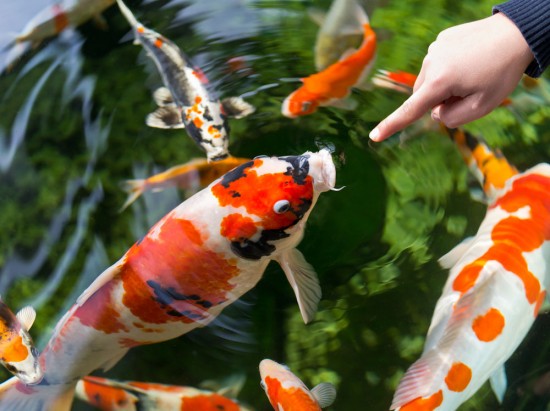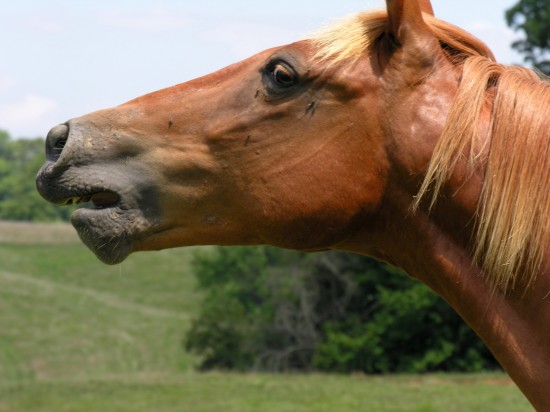More and more people are looking to breeders rather than other sources to purchase a family pet. Here is a short list of considerations to make the process helpful and wonderful.
First, whether you obtain a guinea pig from a breeder, a pet shop, a rescue or a friend, it will mean little if you do not first know what to look from all these sources. It is obvious that you want a healthy happy little guinea pig. It goes without saying that the animal should be free of disease and fleas, tick and other uncleanly conditions.
Don't forget these issues. Guinea pigs are herd animals. They enjoy the company of others. If they are kept in a group, you may find animals that are shy to you, uncomfortable with humans and a bit stuck up! So don't consider these limitations as important compared to aggressive or unfavorable behavior.
Aggressiveness in a guinea pig can be shown by baring teeth, hissing and standing up to challenge you. Consider looking for a less aggressive animal if you want a loving pet. Just because your candidate is shy, but otherwise clean and healthy, you should not discount him or her.
The following is an important compilation of ideas that you may want to examine when selecting your guinea pig source.
Unlike dog and cat breeders, guinea pig breeders are not regulated by law. This lack of regulation provides fertile areas of concern. It is important to have a breeder police themselves, thereby making sure that the week breeder is weeded out of the business.
The American Breeder Association has programs that a breeder may join and thereafter sets forth rules to follow when breeding and caring for animals. As a body, they offer certain standards to be adopted in breeding guinea pigs, and if a breeder belongs to this group, it means they are at least connected to the community of like minded breeders. Start your search there.
You can usually find these breeders on line by searching your city or county. They will often answer inquiries to your common questions about the breeds they offer, cost and location. Breeders do know a lot about the breed and current concerns about guinea pigs. As an example, just last week a breeder was reiterating what I have been seeing in pet stores. A lot of pigs are dying shortly after purchase, or developing diseases. We think that the care of certain animals may be lacking, and breeders can tell you that trend.
You next may want to engage the breeder in a discussion about raising their guinea pigs. Ask if they have a resident or local veterinarian. Most breeders will tell you the vet name. It will be fruitless to call a vet as most will either be too busy, not want to hurt their practice or simply not interested in answering your questions. However, if you are buying an expensive breed, by all means learn of the vet's opinion of the health and care rendered to the animals.
If the breeder does not have a vet name, think about this a bit. Do they care about the animals or is it a commodity process, if one gets ill or dies, they simply dispose of it, rather than render care.
You can also tell a lot about a breeder when you are speaking about the little creatures. Does the breeder really admire and hold tenderly their guinea pigs as they speak to you. Are all their adults long term pets or are they simply farm breeding animals.
Believe it or not, there are large purchasers of guinea pigs, and when a breeder is enticed by the money and not the care of these interesting animals, it makes a big deal, so don't consider them high on your list, if they are a large volume breeder. Volume and not necessarily quality can be their main focus, and guinea pigs have such form-able personalities, that a small purchaser like you may want to consider smaller breeders.
Ask the breeder if they are careful about where they sell their pigs. Research labs buy guinea pigs, and children are often given pigs that are later ignored and end up at the shelter. A breeder that is picky about where their animals go is one that also takes pride in their offerings. Ask them, you don't sell to labs do you? Inquire about all feeding habits and products. It can tell a lot about the way the breeder cares for their pigs. Guinea pigs need a steady diet of fresh vegetables and also food pellets and hay. Hay provides needed vitamin C. A good breeder will tell you to feed your animal lots of fresh veggies and also may warn you about vitamin C deficiency needs.
There is nothing wrong with buying your guinea pig from a breeder if you locate one that practices good husbandry techniques, loves their pigs, and is knowledgeable and helpful when you "com round."

 Dogs And Balconies - Staying Safe
Dogs And Balconie
Dogs And Balconies - Staying Safe
Dogs And Balconie
 Bullmastiff Health And Temperament
Bullmastiff Healt
Bullmastiff Health And Temperament
Bullmastiff Healt
 Some Helpful Information For The Owners Of Dogs That Cannot Be Vaccinated
Some Helpful Info
Some Helpful Information For The Owners Of Dogs That Cannot Be Vaccinated
Some Helpful Info
 Setting Up An Outdoor Pond - Goldfish Or Koi?
Setting Up An Out
Setting Up An Outdoor Pond - Goldfish Or Koi?
Setting Up An Out
 How To Cope With Flies Around Horses
How To Cope With
How To Cope With Flies Around Horses
How To Cope With